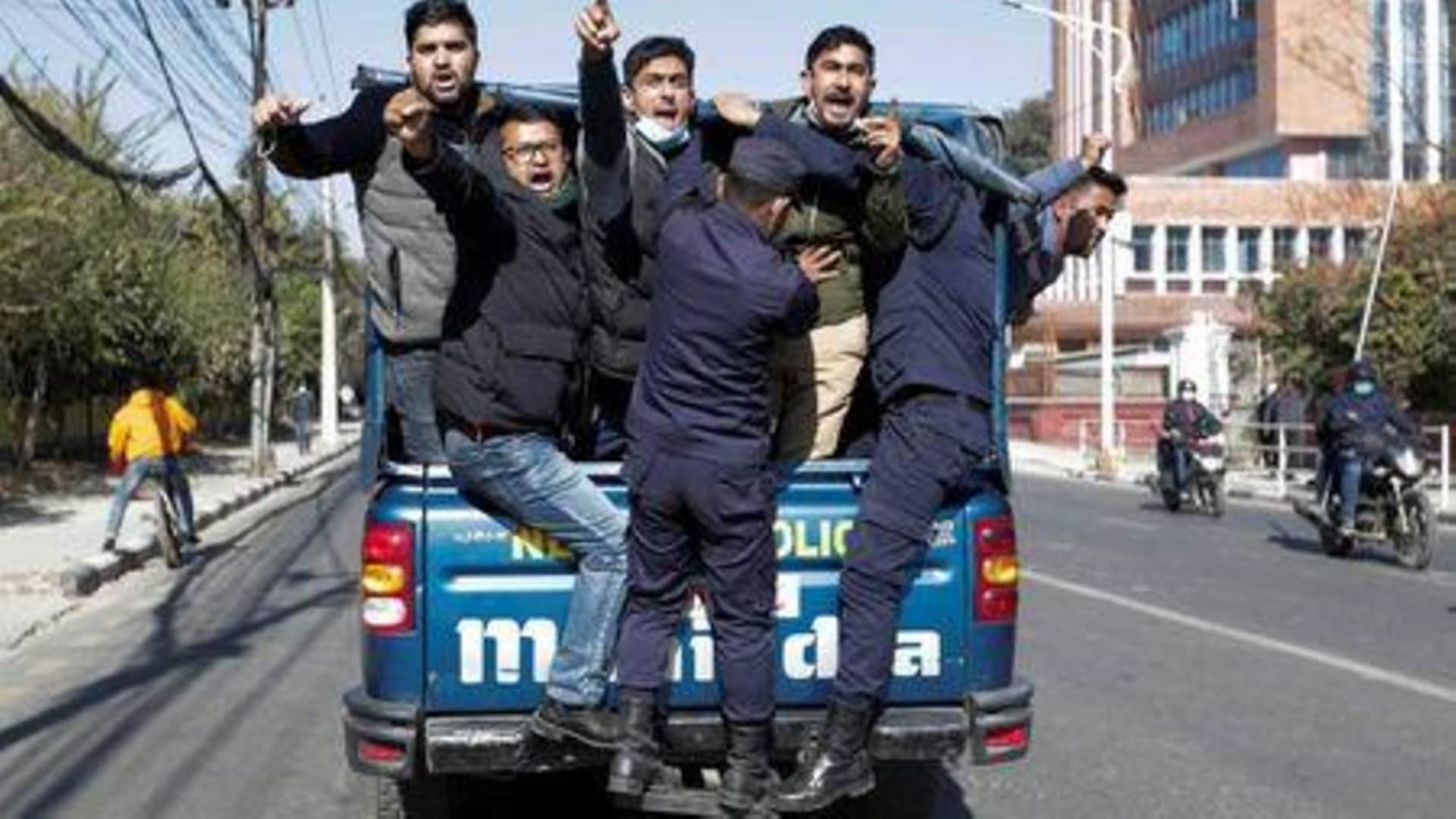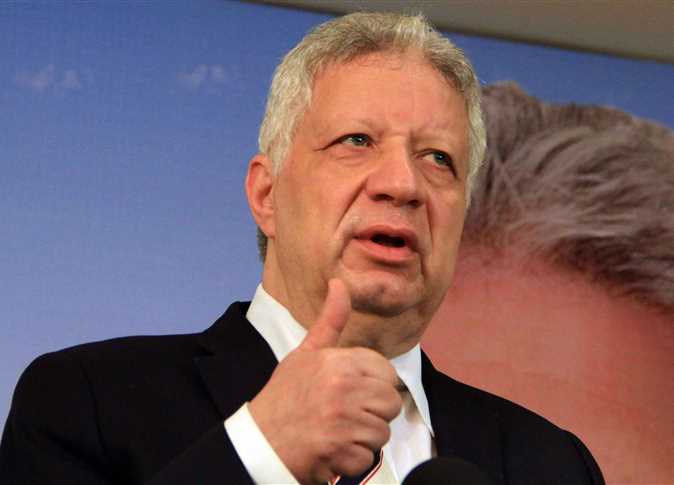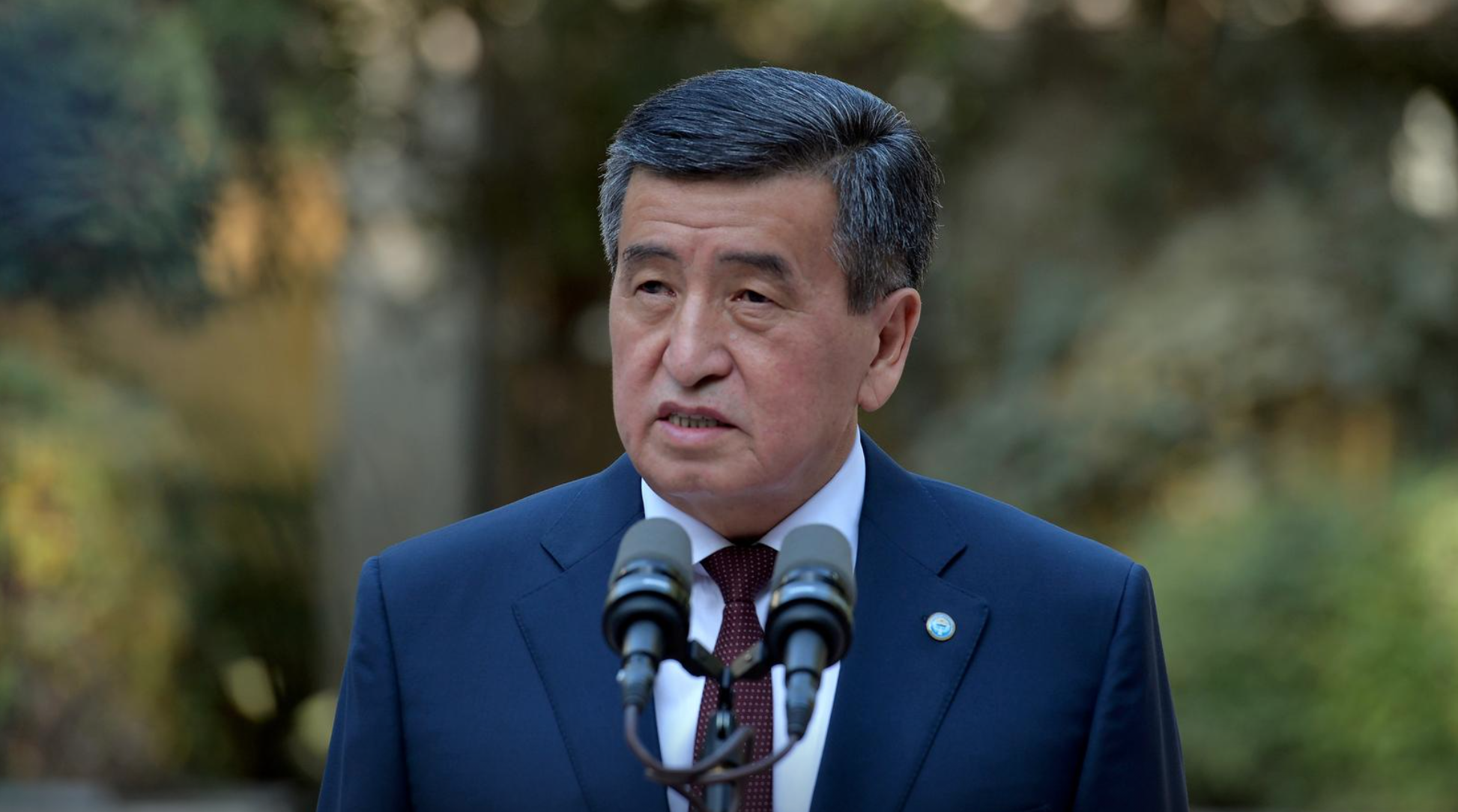Someone recently told me that if I had waited a little longer as a member of the Muslim Brotherhood, I would now be one of the young cadres of the “ruling” Freedom and Justice Party (FJP), and would have the chance to influence the future of the country instead of remaining in the minority opposition.
I left the Brotherhood twice, once at the beginning of my undergraduate career, when I differed with their stances, preferring the firmer positions adopted by the Salafis. The second time was in my senior year at college, after I was told that one of the Brotherhood’s supervisors for student activities remarked that the “Islamic Current” magazine issue I edited at Cairo University was full of "leftist talk.”
I thanked him and embraced the left.
But I wasn't the only one to change my mind so often — several people of my age were racing against time to examine and adopt different ideas and affiliations in an attempt to escape the dull and sluggish Mubarak days, which did not measure up to our aspirations.
Like many young members of the Brotherhood, I faced a stark choice: to either endure the group’s stagnation in terms of thought and activity and become part of an “uneasy minority” struggling to find a margin of action within the Brotherhood, or leave them altogether and look for other venues of political activism outside their rigid structure.
Today, as the revolution revives the Brotherhood and gives it fresh momentum, almost all the young members of the Brotherhood that I know, including those who were involved in organizing last January’s protests and sit-ins, have left the group and embraced political circles that commend greater adventure and vitality.
Some have certainly left in protest at recent Brotherhood positions that alienated them from revolutionary street politics. And several of those who left have joined the Egyptian Current Party, or Abdel Monem Aboul Fotouh’s presidential campaign — Aboul Fotouh being a reformist Islamic thinker who was himself expelled from the Brotherhood.
Once again, I find myself in the same camp with my college classmates, who are now former members of the Brotherhood. We are all part of what Rafiq Habib, FJP vice president and a Coptic thinker, dubbed the "uneasy political minority.” It is ironic that Habib, who speaks for a parliamentary majority, is uneasy about this so-called minority.
But let’s first decipher how he defines this minority. According to Habib's description, the uneasy political minority is composed of liberal and left-leaning secular youth groups who believe they have played a central role in the Egyptian revolution. These groups have not, however, won voters' confidence and have failed to establish a political role for themselves. According to Habib, they are opposed to the process of democratic transformation and want to garner the support of uneasy groups of marginalized people and the families of those killed and injured in the 25 January revolution. Their main cause, he adds, is to seek retribution for the killing of protesters in the revolution in order for the revolutionary spirit to remain alive in the street. Habib ascertains that their continuing protests and sit-ins increase the number of martyrs and injured victims, and thus maintain an endless circle of protesting. He ends by saying that these groups are frustrated by their failure in the election and thus wish to impose an alternative “secular” transitional political path.
The major loophole in Habib’s analysis, however, is his disregard for the Brotherhood’s own dissidents, the college classmates I mentioned earlier. I do not think that Habib is unaware of the Brotherhood’s young people who are acting outside the framework of the group and are among this so-called uneasy political minority.
It is rather erroneous to describe the uneasy political minority as secular or seeking to impose a secular scenario when the Brotherhood’s youth are at the heart of it. The emancipatory goal of those youth groups, who have played a key role in fuelling the 25 January revolution, is to reform authority rather than seize power.
I might agree with Habib’s assumption that these groups are sometimes uneasy when they attempt to get into debates about seizing power, as if hoping to assume more power than that offered by being in the opposition. Persistent calls for revolutionary powers and youth groups to organize their ranks to grasp power perhaps consolidate this uneasiness.
If I allow myself to speak for a section of this “uneasy minority”, which I feel represents me, I would say that they are characterized by extreme individualism and spontaneity as opposed to the organized action and strict obedience that is typical of the Brotherhood’s modus operandi. Their attempts to keep the spirit of the revolution alive in the street cannot be seen as a conspiracy to raise the number of injured victims and martyrs, but rather an attempt to win greater political freedoms — this being seen as the main guarantee for democracy. Their vision of democracy goes beyond securing seats of power. In fact, the continued felling of martyrs proves that those in power continue to violate the rights of the people, raising concerns about the management of the transition period.
To those who remain silent about these breaches, under the pretext that enduring such violations is necessary in a transitional period, I ask: How can we establish a democracy devoid of the right to protest, which is what brought it about in the first place? What is truly worrying is the fact that once in power, the parliamentary majority is now leveling accusations at the opposition groups, accusing them of having links with foreign powers and wanting to impede democratic progress, obstructing the reform path.
I smell the same uneasiness that was expressed by the now-dismantled National Democratic Party during Mubarak’s time — how ironic! A considerable part of this “uneasy minority” is now calling for the Supreme Council of the Armed Forces to hand over power to the elected parliament, which proves the fears of Habib groundless. I would also like to emphasize that a large sector of this “uneasy minority” would like to remain a thorn in the flesh of rulers, so they would never feel too comfortable in power. If the patience of those in power runs out and they begin violating freedoms, then the uneasy minority is ready to nail — once again — the first pin in their coffins.
Translated from Al-Masry Al-Youm




